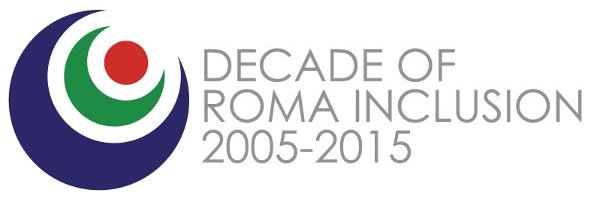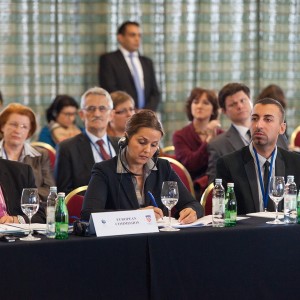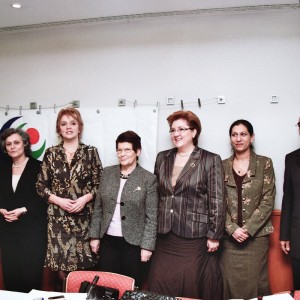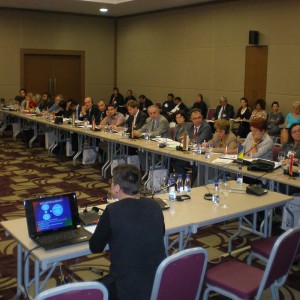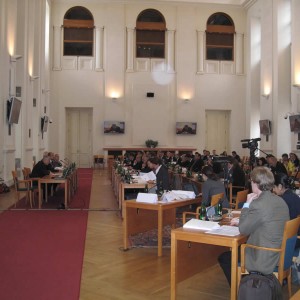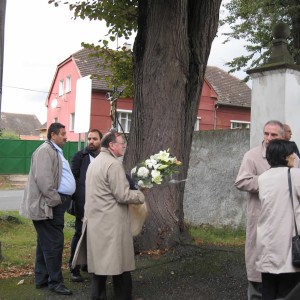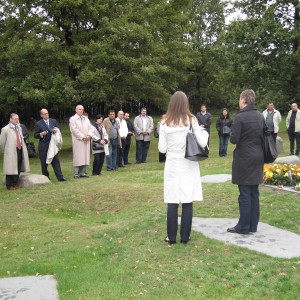Decade of Roma Inclusion 2005 – 2015
The Decade of Roma Inclusion 2005-2015 (“Roma Decade”) was a cooperative international effort to change the lives of Roma in Europe. It was an initiative adopted by twelve European governments, supported by the European Commission, Open Society Institute (OSI), the World Bank, Council of Europe, UNDP, UNICEF, UNHCR and European Roma organizations. The Decade provided a framework for governments in Central and Eastern Europe to work towards Roma integration and monitored progress in ending the severe discrimination and crippling poverty of the Roma communities.
Bringing together governments, intergovernmental and nongovernmental organizations, as well as Roma civil society, the Roma Decade focused on setting official policies in the priority areas of education, employment, health, and housing, and committed participating governments to take into account the other core issues of poverty, discrimination, and gender mainstreaming.
The nine founding members of the Roma Decade were Bulgaria, Croatia, the Czech Republic, Hungary, the Former Yugoslav Republic of Macedonia, Romania, Serbia, Montenegro, and Slovakia, while Albania, Bosnia and Herzegovina and Spain joined the initiative in 2008. Moldova, Norway, Slovenia and the United States of America acted as observer countries. The participating governments were obliged to allocate resources to achieve results, aligning their plans with funding instruments of multinational, international, and bilateral donors.
Roma Decade and Roma Integration 2020
At the end of the Roma Decade in 2015 it was acknowledged that the Decade served an important role in sparking the process of positive change for the Roma and contributed to the understanding of the problems faced by the Roma, but left significant unfinished business in the actual achievement of its ambitious aim. The European Union was seen as the best platform to take over the legacy of the Roma Decade, using its existing tools to throw new light on the challenges of Roma integration.
Conveying lessons learnt during the Roma Decade to the EU started already in 2009, when the 10 Common Basic Principles on Roma Inclusion were first presented at the meeting of the European Platform for Roma inclusion in Prague. On 8 June 2009 the Council of Ministers in charge of Social Affairs annexed the Principles to their conclusions and invited EU Member States and the Commission to take them into account, which marked the start of the discussions on Roma issues within the EU.
Through the many debates to follow, the EU recognized that the Roma are Europe’s largest ethnic minority largely vulnerable and marginalized. Of an estimated 10-12 million in the whole of Europe, some six million live in the EU, most of them EU citizens. Many Roma in the EU are victims of prejudice and social exclusion, despite the fact that EU countries have banned discrimination.
* This designation is without prejudice to positions on status, and is in line with UNSCR 1244/1999 and the ICJ Opinion on the Kosovo declaration of independence.
